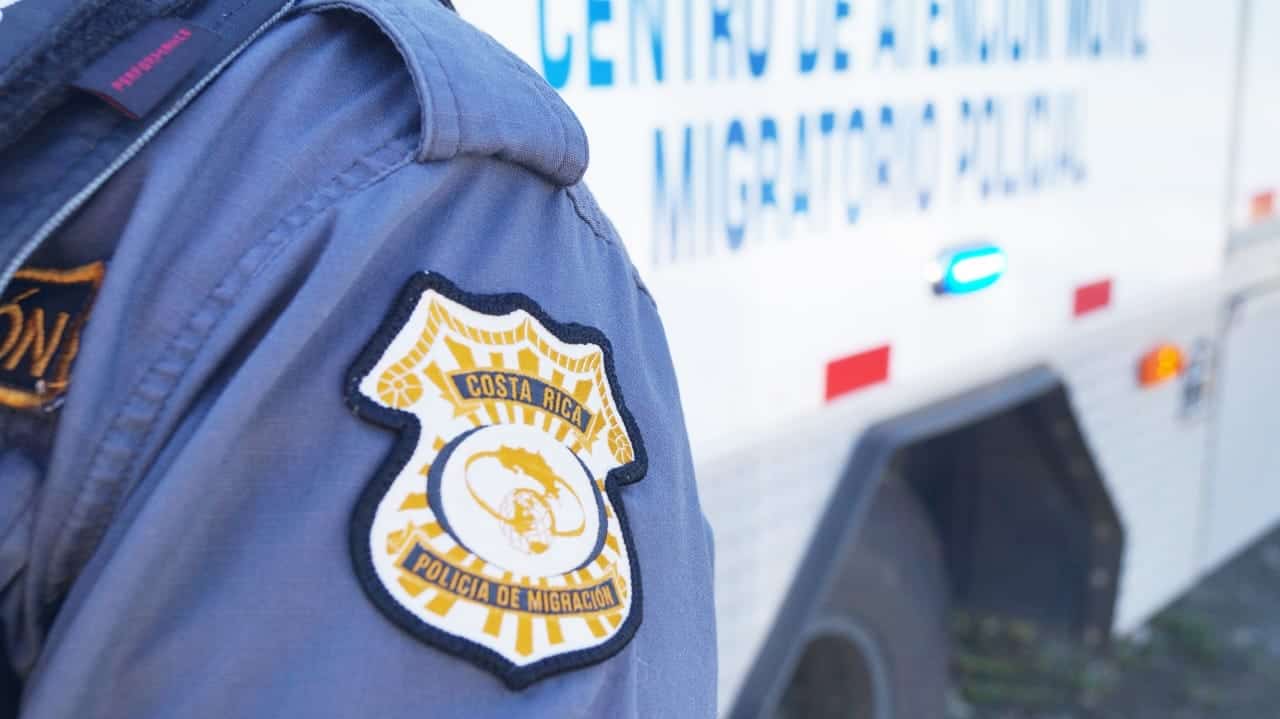Back in September 2016, when we lived in a completely different social environment, not yet affected by the global pandemic, the United Nations Organization held a summit (New York Declaration for Refugees and Migrants) in which it recognized the unprecedented global migration that was developing and tried to implement worldwide agreements to protect migrants, especially women and children.
It seems that for a varied number of reasons, people are migrating to other locations in record numbers, not only because of war, poverty or famine, but also because working online allows greater flexibility.
Many people are migrating to Costa Rica to live and work due to all the advantages it offers, not least of all the weather but also “how far a dollar goes” here, the incredible natural beauty and the pleasant social experience.
The Immigration Laws of Costa Rica
The laws that govern the immigration process are the General Law of Immigration and a number of administrative regulations which include various immigration issues.
In the law, article 33 subsection 3 indicates that foreign nationals who do not have a residency status must exit the country at the time their authorized permit indicates and that if they overstay, they will be subject to a $100.00 monthly fine, for those months they overstay or they can be prohibited from reentering Costa Rica up to a period three times as long as their overstay term.
These sanctions have not been applied because subsequent administrations have argued difficulty in actually implementing these measures. As of this moment, all those who entered the country before December 1st 2020 have their legal status as tourists automatically extended until March 2nd.
Those who entered the country after December 1st and were authorized a stay of less than 90 days must do a short procedure in which they must:
- File a request stating the reasons for their extension,
- Present 2 photographs (as indicated above),
- Pay some tax stamps (less than $5),
- You must prove you have means of self support,
- Pay a $100.00 processing fee
- Acquire a health insurance plan equal to the term for which you are requesting the extension
- Request an appointment for the presentation of these documents.
In the case of U.S.A. citizens, the most common situation is the request for temporary residency based on being a retired individual or being an investor. In either case the person must present all the documentation indicated above and prove a guaranteed income of at least $1,000.00 monthly.
This type of decision usually carries with it some other parallel decisions, such as acquiring a home or renting, buying a vehicle, finding out about schools or universities, best places to live, necessary requirements for banking, starting a business and so forth.
For all of these reasons, and because each case is completely different, each person will have to consult their lawyer so that you can get the proper advice and make sure your transition to Costa Rica is as smooth and pleasurable as possible.
The Costa Rica Immigration Process
The process starts with a request for a document presentation appointment. At this time, due to the pandemic, this appointment must be requested online and is taking somewhat longer than usual. The best cases are 1 or 2 months but in some cases it can be longer.
At the document presentation appointment all documentation is submitted and checked. The inspecting official may indicate the documents are incomplete and refer the individual to complete them. On the other hand, the documents may be admitted for further study.
If there are important documents missing, there will be an official resolution indicating that the request is denied and the $50.00 and $250.00 fees will have to be repaid if the person applies again. For this reason, it is best to make sure all documentation is in order.
Costa Rica Immigration for a U.S. citizen
Costa Rica has always had a special treatment for U.S.A. citizens when it comes to immigration. U.S. nationals do not need a tourist visa to enter and although the law states that a tourist visa is good for up to 90 days, there has never been a problem for those Americans that overstay this period.
The process by which a U.S. citizen can request to obtain a temporary residency is not that complicated, but it is essential to know, beforehand, the documentation you will be expected to provide and to understand that in all likelihood the process will be slower than usual.
People should expect the process to last at least a couple of months, although the Costa Rican authorities are issuing the permits very fast once all the pertinent documentation is presented.
The first step is to gather all preliminary documentation. This would include
- Complete copy of the passport
- 2 photographs (facial photos, passport size and recent)
- Birth certificate
- Marriage certificate (if applicable)
- Passport copies and photographs for all family members that will be covered by this permit
- Payment of a $50.00 charge and a separate $200.00 charge (processing fees)
- Proof of income
- Payment of certain tax stamps (depends on the number of documents to be presented),
- Registration of fingerprints
- An Affidavit or Certificate of Criminal Record (this document must be issued by federal authorities in the U.S.A.
- If any family member has a medical handicap a legalized medical certificate is required. If the handicapped person is an adult son or daughter and there are representation issues, these must be legally proven.
Applying for Temporary Residency
If the person is requesting a temporary residency on the basis of an investor or a retired individual, then they must prove that, as a household, they have guaranteed income (pension- investments- etc.) of at least $1,000.00 monthly.
The documents that prove these facts must also be legalized. All documents that are in any language other than Spanish must be translated by an official translator.
All of the documents that are issued outside of Costa Rica must be notarized and legalized. This means, for example, in the case of the U.S.A. that the signature of the authorizing individual must be notarized and the signature of the Notary (if that is the case) must be notarized by the Secretary of State of each State, then, in some cases the document must be legalized by the State Department of Costa Rica.
There are different migratory status and processes. The process normally starts with a “First Time” request. These can be for:
- Permanent Residency (for persons who have had at least 3 years of temporary residency, they have a first degree family link with a citizen or other special cases);
- Temporary Residency (there are several options: investors, retired persons, special workers and others) ;
- Special Categories (also many options, artists, academics, special workers and others);
- Non residency (commercial representatives, media, medical treatment and others)
- Cases of Humanity (refugees. asylum cases, people with no nationality).
Additional Immigration Information
Here is an interesting and informative article in the which explains entry requirements for tourists
Here is also an important official article which also explains details for entry requirements
Please let us know if you have any questions or comments at the email below.

Lic. Jorge Montero B. is a bicultural lawyer born in New York City, educated in the U.S.A. and in Costa Rica.
He holds various specialties and master’s degrees in Criminal, Commercial, Environmental and Agrarian Law from the University of Costa Rica and has over 30 years of litigation, contract and counsel experience.
- Email: acmbalaw@gmail.com
- Whatsapp: (506) 8785- 0101
- Tel: (506) 8384- 2246






